Asking the Hard Questions
The decision about whether to begin an Outbound Hospitality program – that is, initiating calls to your customers – is a difficult one. There is no question that an outbound program is advantageous for many reasons – the best reason is that it is a highly profitable revenue channel that helps build more long-term engagement.
To help with the decision making, we have evaluated the pros and cons of either hiring an outside service to make outbound customer calls, or bringing the task in-house. Here are the challenges and opportunities wineries should evaluate when making that decision.
Hiring an Outside Service to Make Calls to Your Customers
PROS to Outsourcing:
- More phone calls will be made.
The service agency will likely do a better job in covering the winery’s list of customers and at least attempting to reach every single one of them. From the agency point of view, more attempts mean more chances for sales, which is how they earn their income. Also, their technical capability to make more calls is usually assisted by advanced programs in auto dialing, which means greater coverage of our customer list. Most agencies will also dial all the numbers on the customer list – home, office, cell – as many phone numbers as the team has captured in the CRM system. This is a powerful way to be sure to attempt to reach all the names on our lists. This is in contrast to an in-house team, whose members may spend excessive time in a customer’s record, trying to scope out every single bit of information about a name, before even trying to make a call. We will get greater list coverage with an agency. - The sales revenue dollars generated by an agency can be very compelling.
It is easy to just hand over the winery’s customer lists and then relish the revenue which is generated (almost magically) with no effort or energy on our part. This is a very attractive prospect…especially if we are not doing any outbound phone sales. - Management Investment.
While managing the relationship with the third-party still takes considerable effort, we don’t have to manage an in-house team, pay benefits, or other expenses associated with the overhead of managing an in-house team.
CONS to Outsourcing:
There are significant disadvantages to following this path – some financial, others brand-related.
- Not an Even Playing Field.
Although an agency will have a larger “list coverage,” agencies really focus on the club list because it’s an easier sale. We know our club members buy more from us, so why not through phone sales too? Non-club lists get less and less attention since agencies want to make as much revenue as possible, so focus tends to stay on club members. (Wineries can and do have agencies call the non-club list instead of club members, which has proven successful to the wineries, although asking an agency to focus strictly on non-club calls may prove to be a non-starter.) - Do the Math.
Agencies are now charging in the 30-40% range to generate those easy revenue dollars. This drives the line item for our marketing costs up by a considerable amount, which means our profit line drops dramatically. If agencies aren’t yet charging 40% for generating revenue, they surely will very shortly. A close examination of the winery’s profit and loss is required to be sure we can afford this line item. It all sounds so easy to generate an extra $900,000 in revenue for the year, until we calculate that we paid $270,00 to $315,000 to achieve it. - We Don’t Own It.
We don’t own our relationship with our customers. Giving up the opportunity to simply talk with our customers on a regular basis means that we are not learning about what makes our customers tick. What do they like about our winery? What offers do they respond to? What is their demographic profile? Is it changing over time? When we don’t actually talk to our customers, we limit the information we learn about them. The better the picture we can draw of our customer, the better position we will be in to sell them our wines and our winery. This is the most important factor, perhaps even more important than the financial consideration. Building relationships with our customers is vital to both sustainability and ultimately, to growth of our winery. Giving up this connection with our customers is incalculable in terms of worth. Though agencies may claim that they are building relationships with the customer, they are hesitant to share database record notes with winery partners. There is a danger of overlapping messaging as well, when the right hand (the agency) doesn’t know what the left hand (internal winery staff) is doing or has done, and vice versa. - Inconsistent messaging and service by callers.
Assuming the best possible conditions, outside agencies want to do a good job for your winery. They don’t want customer service problems any more than we do. However, because of the sheer volume of calls they are making for many wineries (not just ours), and the challenge of keeping staff on board to do those calls, they are in an almost constant state of hiring, training, and releasing of representatives. We may hope that the winery is getting only the most experienced and professional callers on the agency’s team, but so does every other winery who uses that service. From handling extremely angry customers, we know that an agency may have a “rogue” or “raw” agent on the phone who can create havoc. Our customers are more sophisticated these days, and they often recognize when callers are not employed by the winery, but “guns for hire.” They don’t particularly like it. All the benefits of building and generating an excellent relationship with our customers can go out the window with one poor or rude call by a novice or not-so-good agency hire.
In-House Management to Make Calls to Your Customers
PROS to In-House:
- We Own It.
We own our relationship with our customer. Our brand, our winery, our messaging is what our customers will hear and respond to. That has long-lasting power beyond just the wine sale made on any day. Developing those relationships means that our customers will take calls from our winery and welcome them, whether or not they buy wine. And as we develop these relationships, we build advocates – cheerleaders for our winery, so that the power of our messaging is expanded beyond just our customer base, but to their friends, acquaintances and associates as well. - Financial advantage.
When we manage the calling effort within our winery, we can likely accomplish it for around 10-15% of revenue sale dollars – and that’s being very generous with a calling team. Wineries may even be able to achieve more sales than an agency, because of the power of building relationships, and not paying a 30-35% premium for those sales.
CONS to In-House:
- We have to invest in management of a calling team.
This likely comes on the line item of overhead – the cost of our management team. If we are to have a robust and successful outbound calling team, it will require an investment in management. Just giving someone a list and saying, “Make a few calls and see if you can sell some wine.” is not management. It requires an effort in hiring, training and daily management of a calling team in order to yield the benefits.
Each winery must evaluate all of these considerations when making the decision of how to reach out to their customer base. A good start in the decision-making process is to reach out to friends and colleagues at other wineries and have a discussion with them about their decision and how it has affected their winery. This is a case where shared information helps everyone in the wine industry to improve and our colleagues will guide us toward making the right decision for our winery. So, the question isn’t IF we are going to build out our outbound phone sales channel, but rather how. Will it be via an agency or inhouse?




